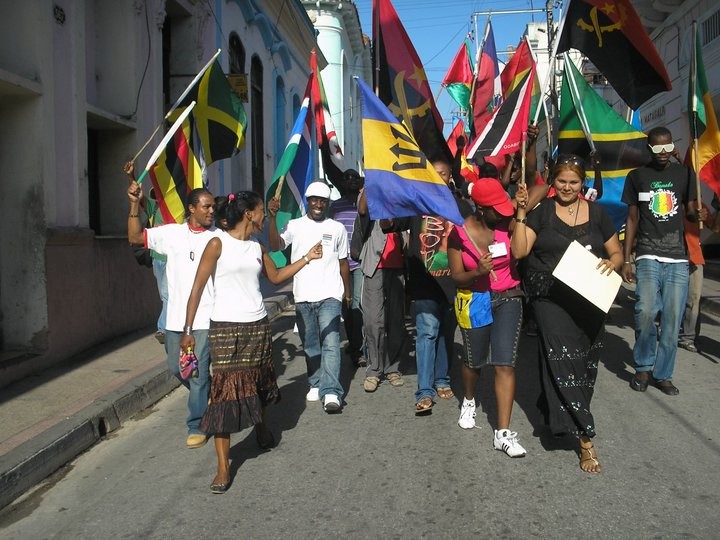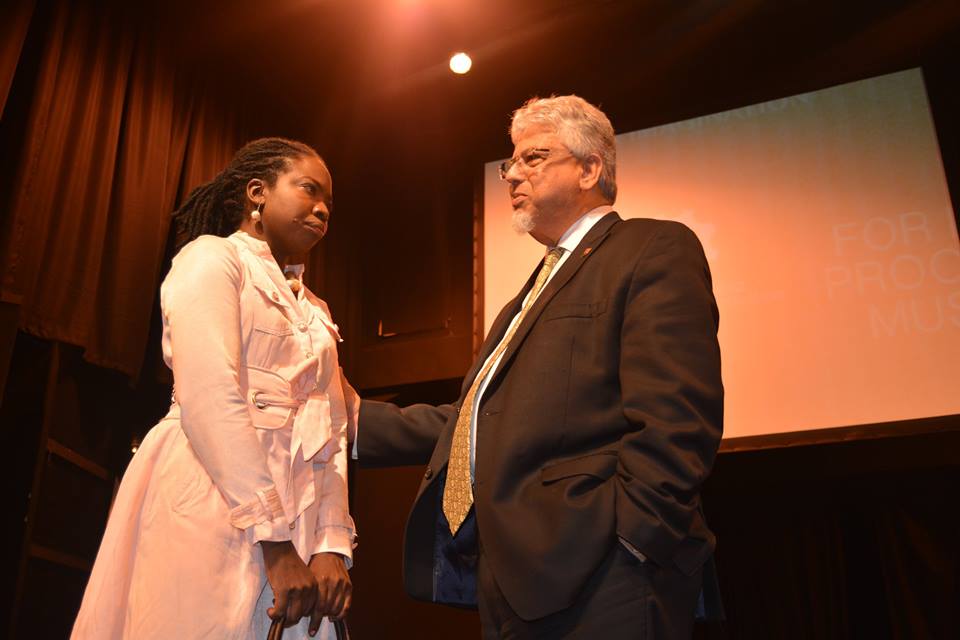Certes, le monde bouge! Avec un seul click, ça y est! En quelques secondes, on est devenu membre d’un groupe Facebook qui est ouvert à tous ceux qui partagent un intérêt pour la République des îles jumelles.
The term “Caribbean” refers to not only a chain of islands lying east of Central America but also to some mainland countries belonging to both South and Central America. These countries extend from North to South America and separate the Caribbean Sea and Gulf of Mexico from the Atlantic Ocean. The Caribbean is a geographically diverse region of approximately 40 million people living in about 31 countries. The name ‘Caribbean’ is derived from the name that was given to one of the original groups of inhabitants, the ‘Caribs’, now referred to as Kalinagos.
It is indeed a fact universally acknowledged that one of the most interesting and picturesque places in the world is Cuba, the largest island in the Caribbean archipelago. Fondly called by Cubans “el gran largarto verde”, or “the big green lizard”, since the island appears like a huge lizard on the map, Cuba is an extraordinary and heart-warming place to be, whether it is for a short visit as a tourist, or long “visit” consisting of a number of years for studying purposes.
In the Caribbean, there are many English-speaking destinations for a foreign-language student to choose from. And absolutely all of them are enticing. Indeed, we inhabit a region that is coveted by many. Today, we zoom in on Trinidad & Tobago as a destination that is of particular interest to our foreign-language counterparts. The flood of Spanish and French-speaking students flocking to these shores for an authentic Anglo-Caribbean experience is food for thought. What then would differentiate this twin-island republic from any other EFL destination?
A major focus of the Ministry of Education is the implementation of ICTs in Education. As such, how this will impact language-learning is of particular interest to us who are dedicated to the cause of bilingual education. The use of ICTs in the Trinidad & Tobago classroom is extremely low (Trinidad & Tobago is ranked 67th on the ICT Development Index.) As such, the language-teaching community must take the lead in implementing technology, all the more so as the field is considered endangered in an increasingly science-oriented environment. Teachers often lament that language students are a dying breed. While this is rather surprising in an increasingly global world, the Trinidad and Tobago context is particular in that there is widespread perception that students will have greater opportunity in non-language fields; also, that these students speak English and that is sufficient.












